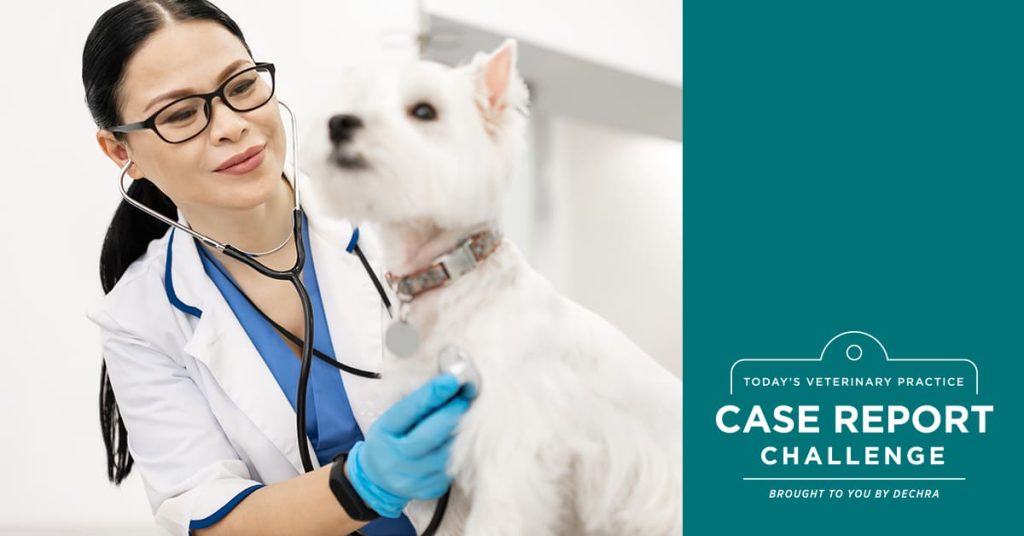[ad_1]
For Immediate Release:
December 12, 2022
Contact:
Amanda Hays 202-483-7382
Albuquerque – After Cambodian officials reportedly suspended all shipments of monkeys for experimentation, today PETA is calling for a full accounting of monkeys in every laboratory that since 2018 has received long-tailed macaques from two major U.S. primate importers—Inotiv and Worldwide Primates—because those monkeys may have been illegally trafficked.
PETA is also calling on those laboratories to transfer illegally trafficked monkeys to a reputable sanctuary immediately and pay for their lifetime care. According to documents obtained by PETA, Lovelace Biomedical Research institute in Albuquerque received long-tailed macaques from Inotiv and Worldwide Primates on at least 2 occasions between April 2018—April 2022.
According to a statement from Inotiv today, Cambodia has suspended monkey transports since the indictment.
“In the eyes of the law, any laboratory now confining a smuggled monkey is in possession of illegal contraband that can be seized,” says PETA Senior Vice President Kathy Guillermo. “No monkey should be subjected to life in a laboratory for any reason; the vile experimentation business must end now, and labs should start by sending illegally trafficked primates to sanctuaries.”
PETA’s request follows the Department of Justice’s (DOJ) indictments of Cambodian government officials and nationals who allegedly conspired to import long-tailed macaques into the U.S. from Cambodia illegally. The indictees include Vanny Bio-Research (Cambodia) Corporation Ltd., a breeding farm that exports monkeys for use in laboratories in the U.S. and elsewhere. Two unnamed co-conspirators were not indicted, but evidence in the complaints and in U.S. Securities and Exchange Commission documents point to Inotiv and Worldwide Primates. Both companies import monkeys from Cambodia.
The DOJ alleges felony violations of both the Lacey Act and the Endangered Species Act in a scheme to sell macaques abducted from their forest homes as animals bred in captivity by labeling them falsely.
Other laboratories that received macaques from Inotiv include Charles River Laboratories, the National Institutes of Health, Labcorp, Lovelace Biomedical Research Institute, and Washington University in St. Louis.
Long-tailed macaques and pig-tailed macaques were listed as an endangered species by the International Union for Conservation of Nature earlier this year. The organization projected that at the current rate, the species’ population in nature would decline by 50% over the next three generations of monkeys. Laboratory demand for these once-numerous animals is a major factor in their dramatic population crash.
Earlier this year, Inotiv closed its Virginia dog-breeding factory farm that supplied laboratories after the DOJ executed a search warrant, seized 446 beagles in acute distress, and filed a lawsuit against the company. An agreement led to the voluntary closure of the facility and the release of the remaining 4,000 dogs for adoption. All this followed PETA’s undercover investigation that revealed appalling conditions for dogs at the site.
PETA—whose motto reads, in part, that “animals are not ours to experiment on”—opposes speciesism, a human-supremacist worldview. For more information on PETA’s investigative newsgathering and reporting, please visit PETA.org or follow the group on Twitter, Facebook, or Instagram.
[ad_2]
Source link

